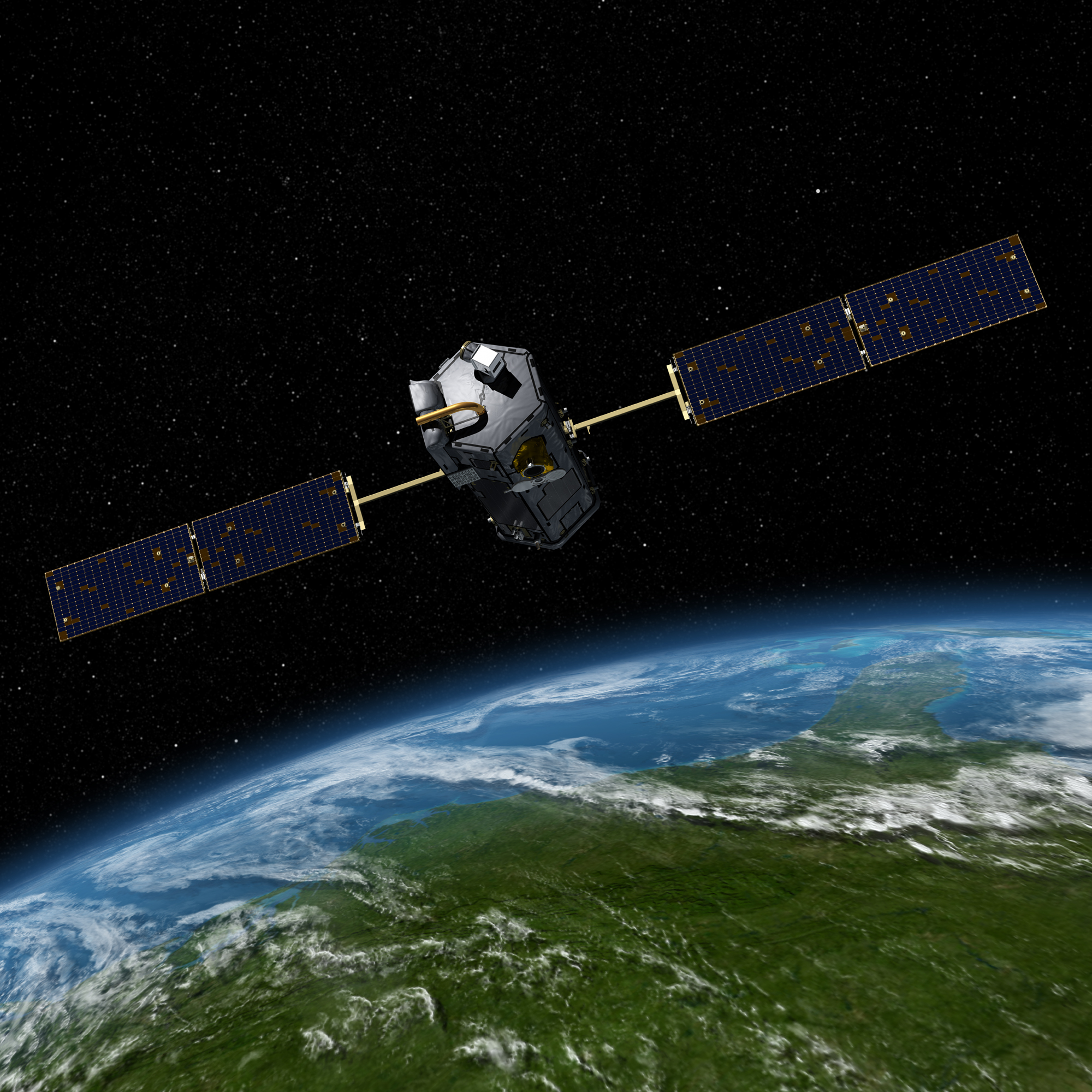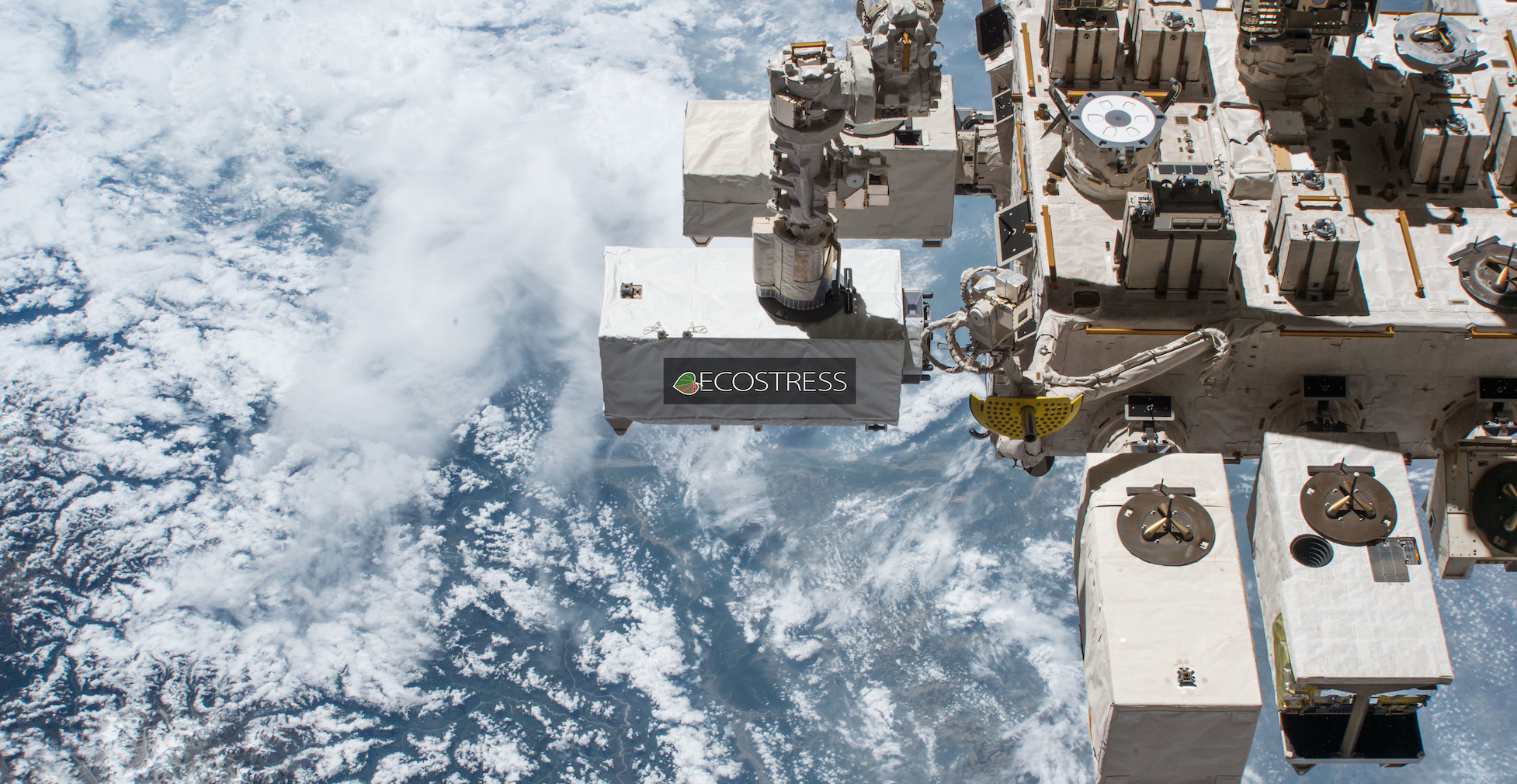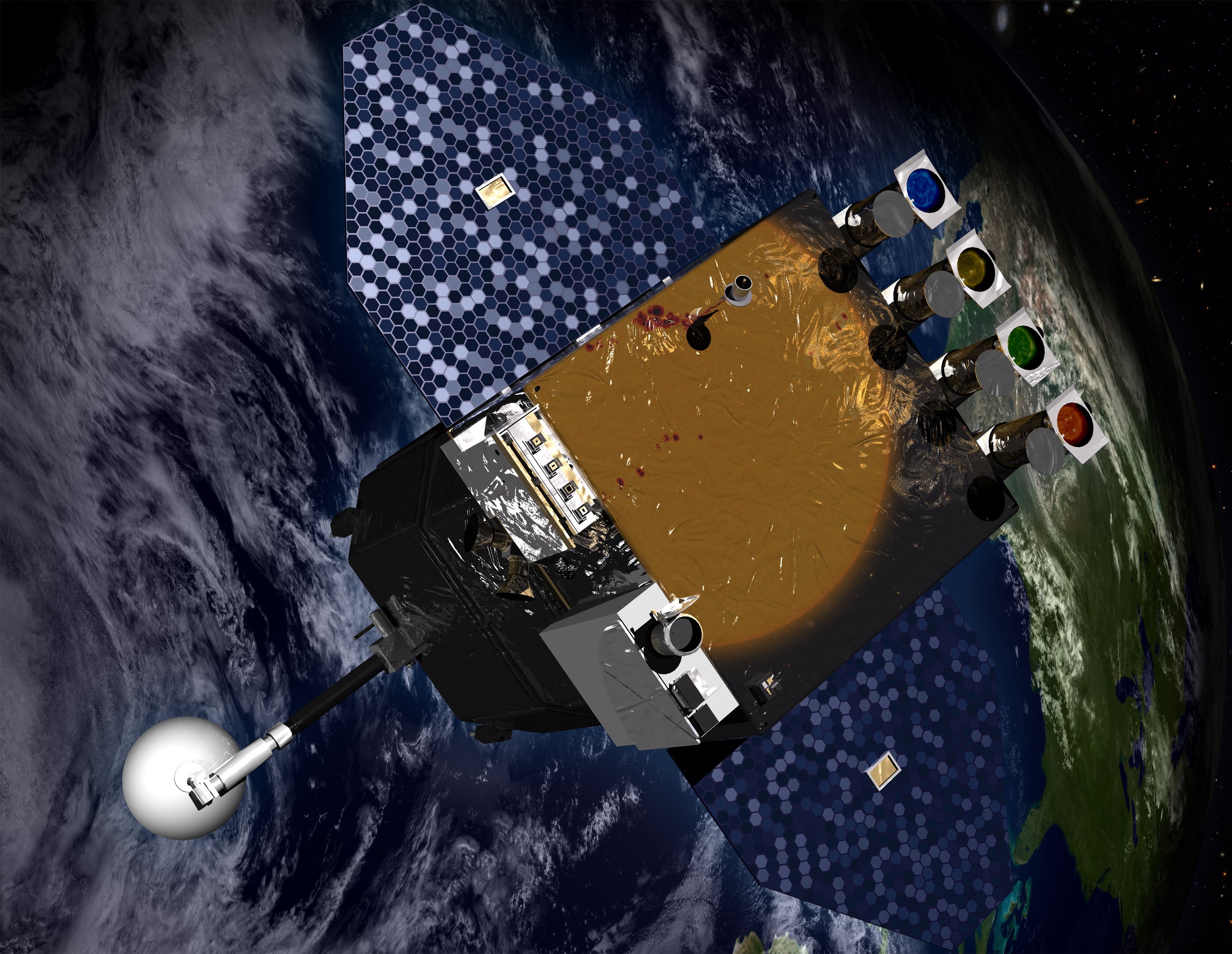
The Uncertainty Quantification and Statistical Analysis Group carries out research and technology development in computational techniques to extract knowledge from science data.
What we do: Model the statistical variability of physical systems like oceans and atmospheres; infer parameters, recognize patterns, and quantify uncertainty in massive data sets taken from such systems.
Uncertainty Quantification
- Uncertainty quantification (UQ) for retrievals from Earth-observing instruments including OCO-2, MLS, ECOSTRESS, and MAIA
- Uncertainty assessment and propagation for a large-scale hydrological routing model, and uncertainty assessment for groundwater using models and gravimetric observations
Statistical Data Fusion and Science Data Analysis
- Spatial and spatio-temporal data fusion for atmospheric fields in a Bayesian context, with applications to near surface temperature products from AIRS
- Developed a leading system for recognizing, grouping, and tracking solar active regions used for SOHO and distributed as a data product for SDO
- Proprioceptive and appearance-based terrain classification for autonomous rover navigation (DARPA, ARO)
- Developed multi-observation compressed summaries for MISR and AIRS, which have been distributed as a Level 3 data product
- Developing new statistical methods for assessing agreement between Earth system model simulations and observations in a distributed data context
Physical Modeling and Advanced Inversion Algorithms
- Inversion of cosmic microwave background to recover spherical harmonic power, and structural parameters of cosmological models (Wilkinson Microwave Anisotropy Probe and Planck)
- Data assimilation and Bayesian risk assessment for highly nonlinear weather systems



